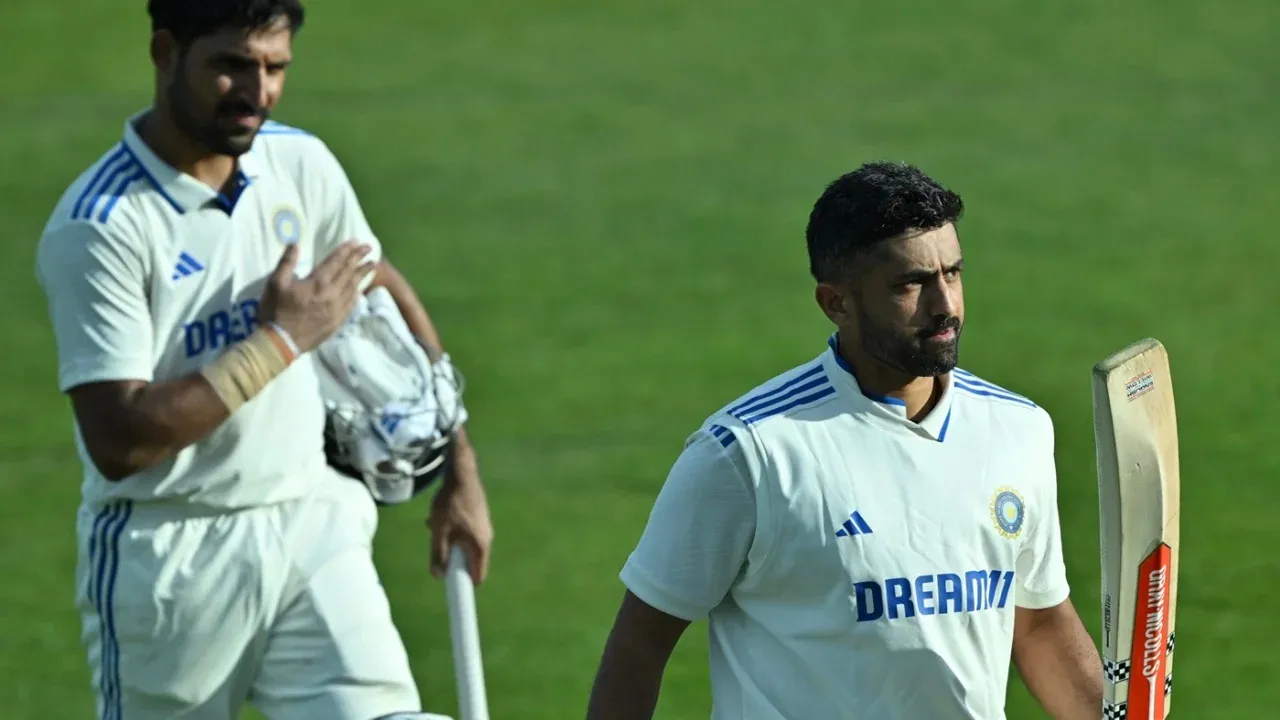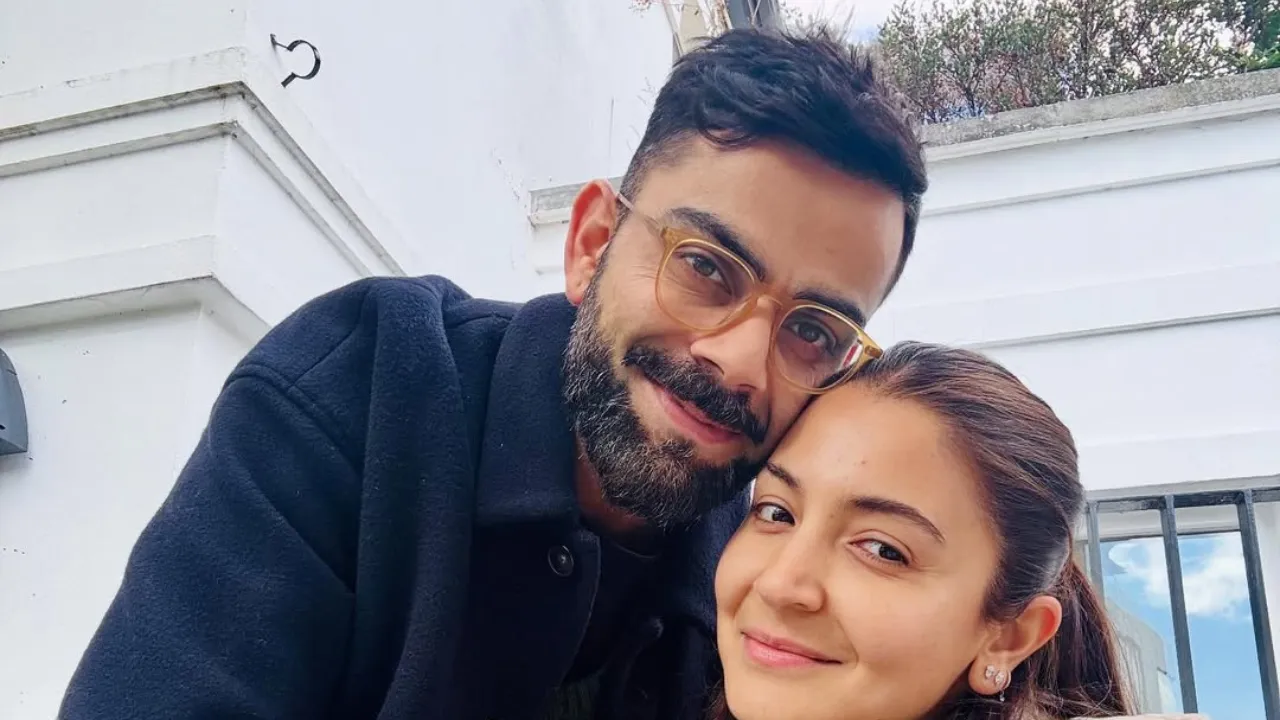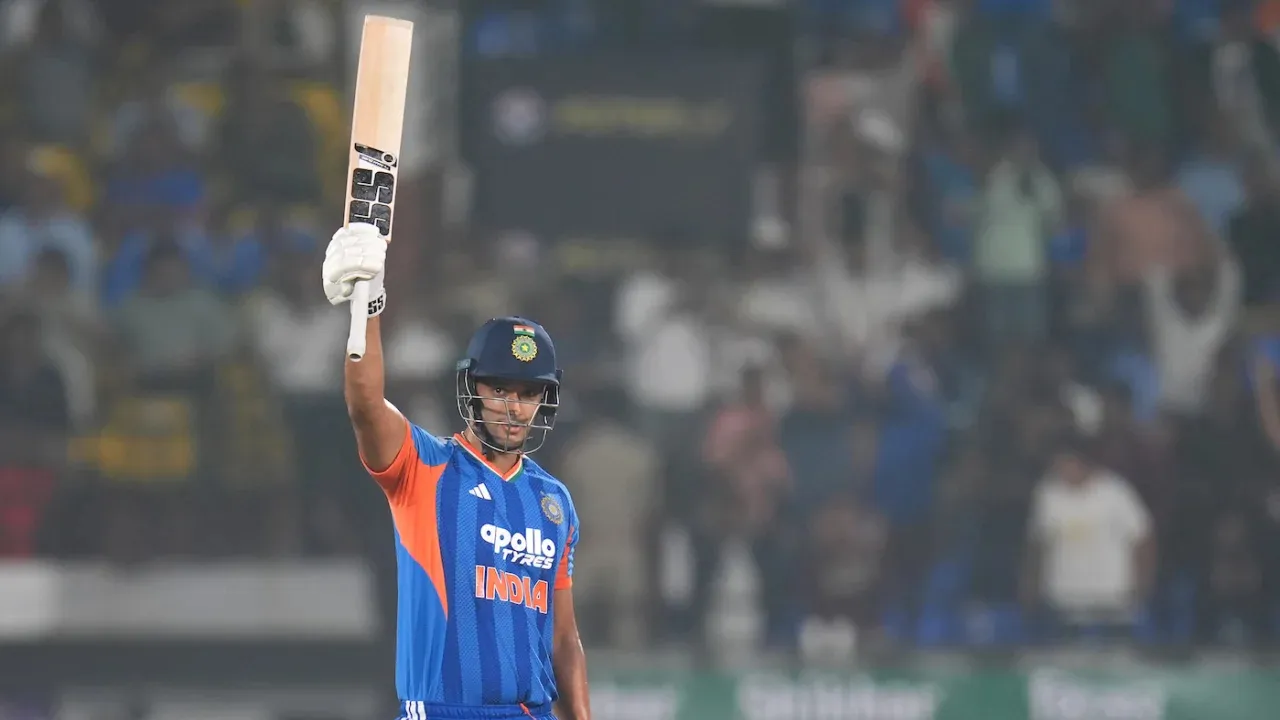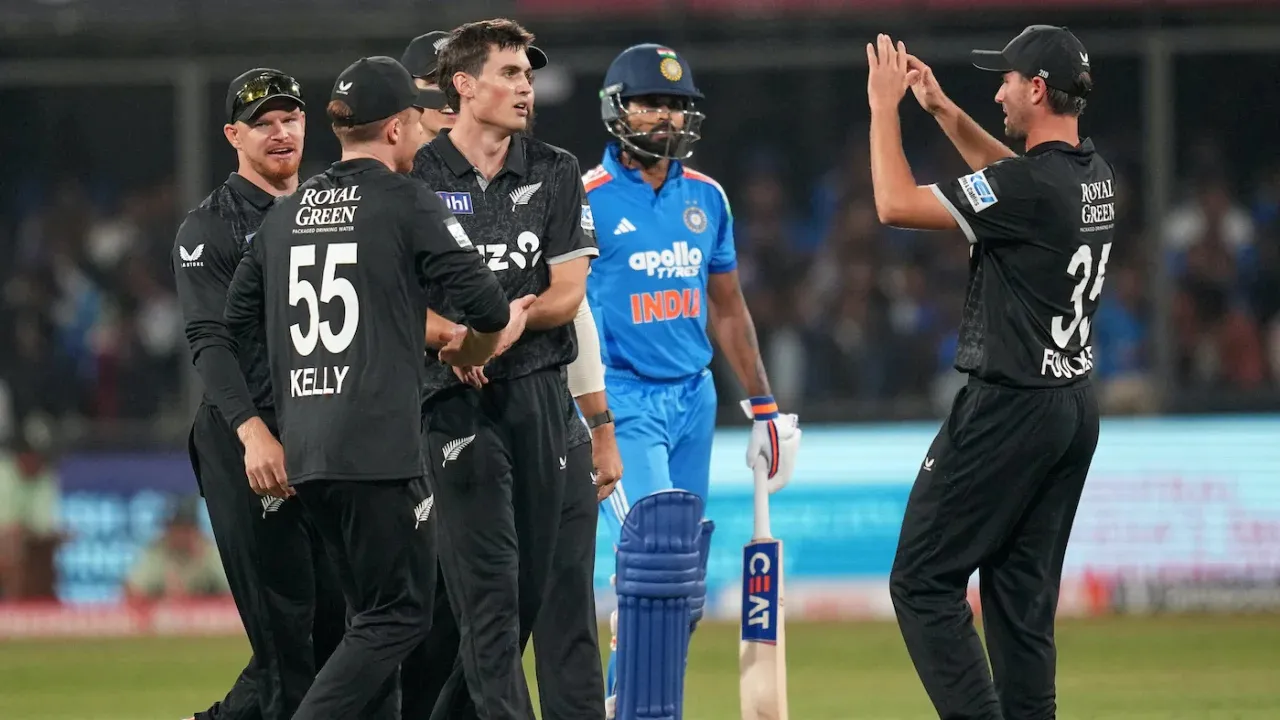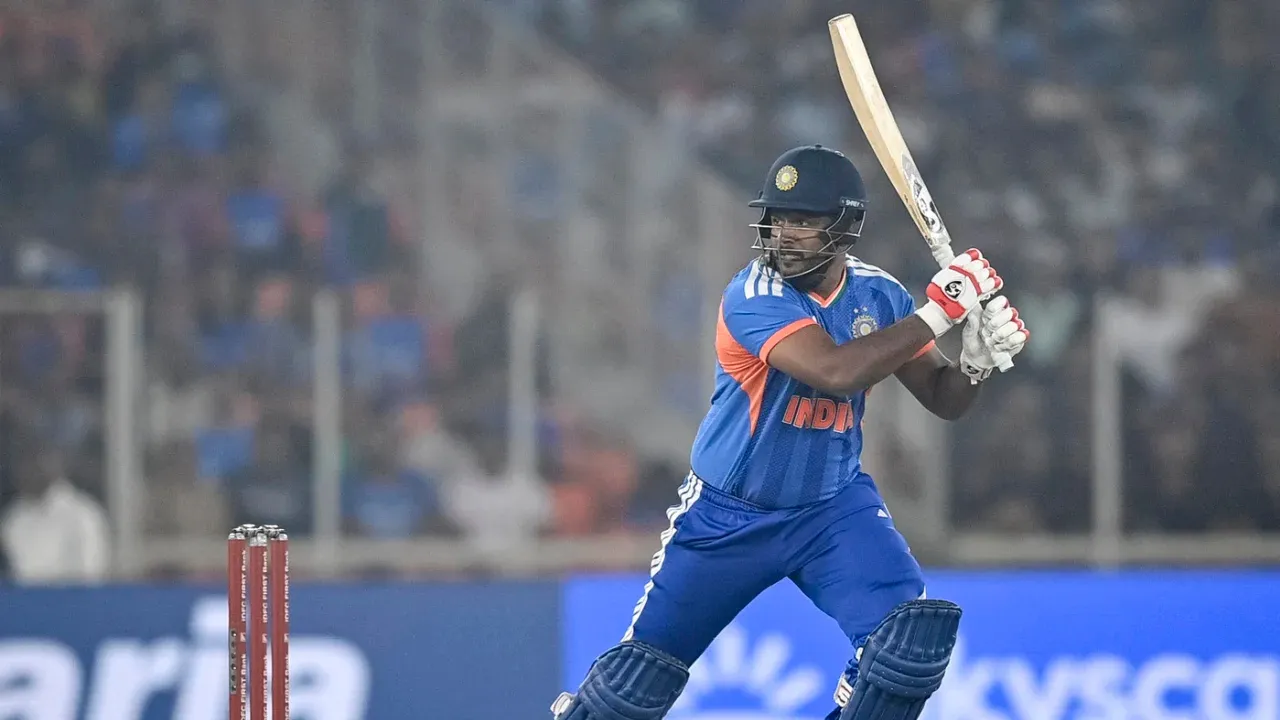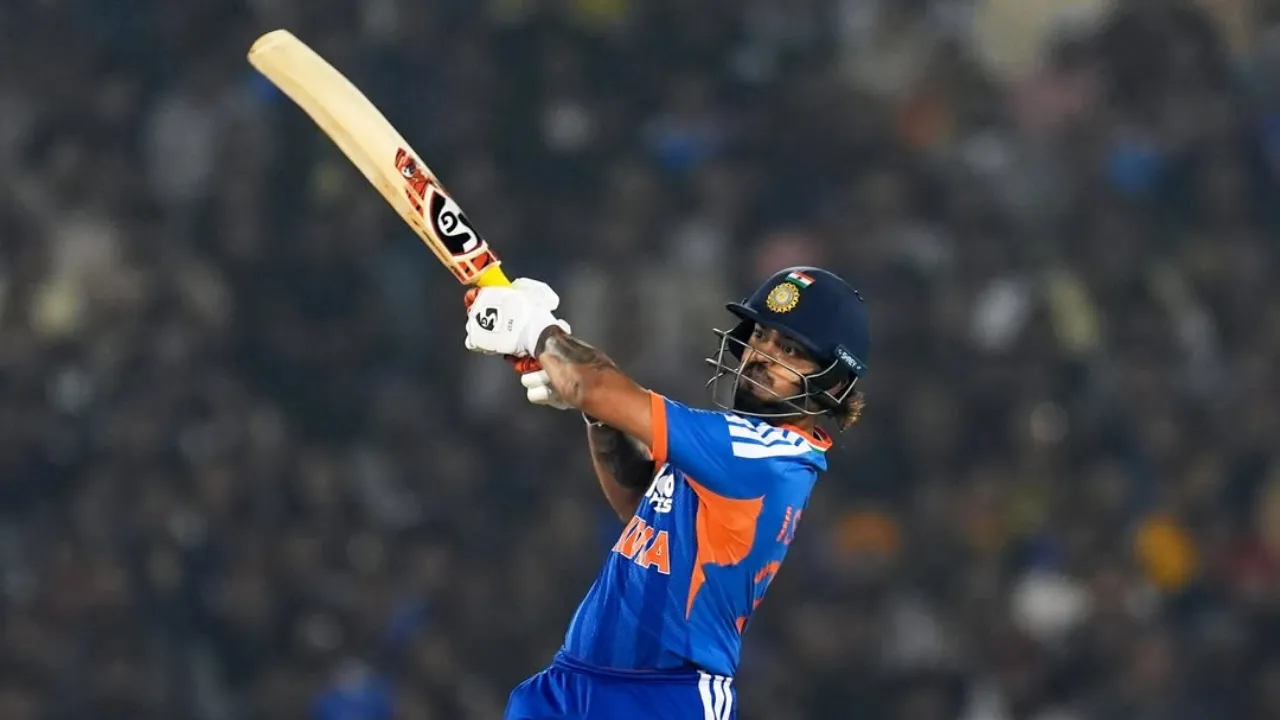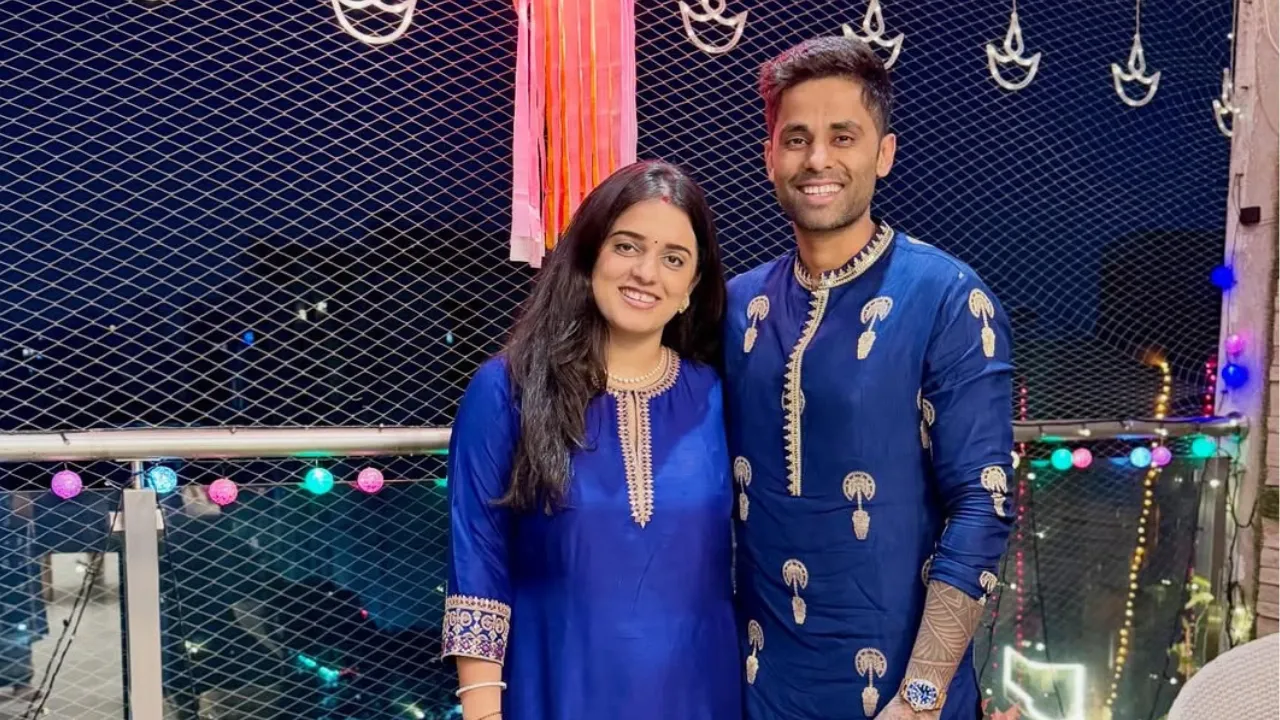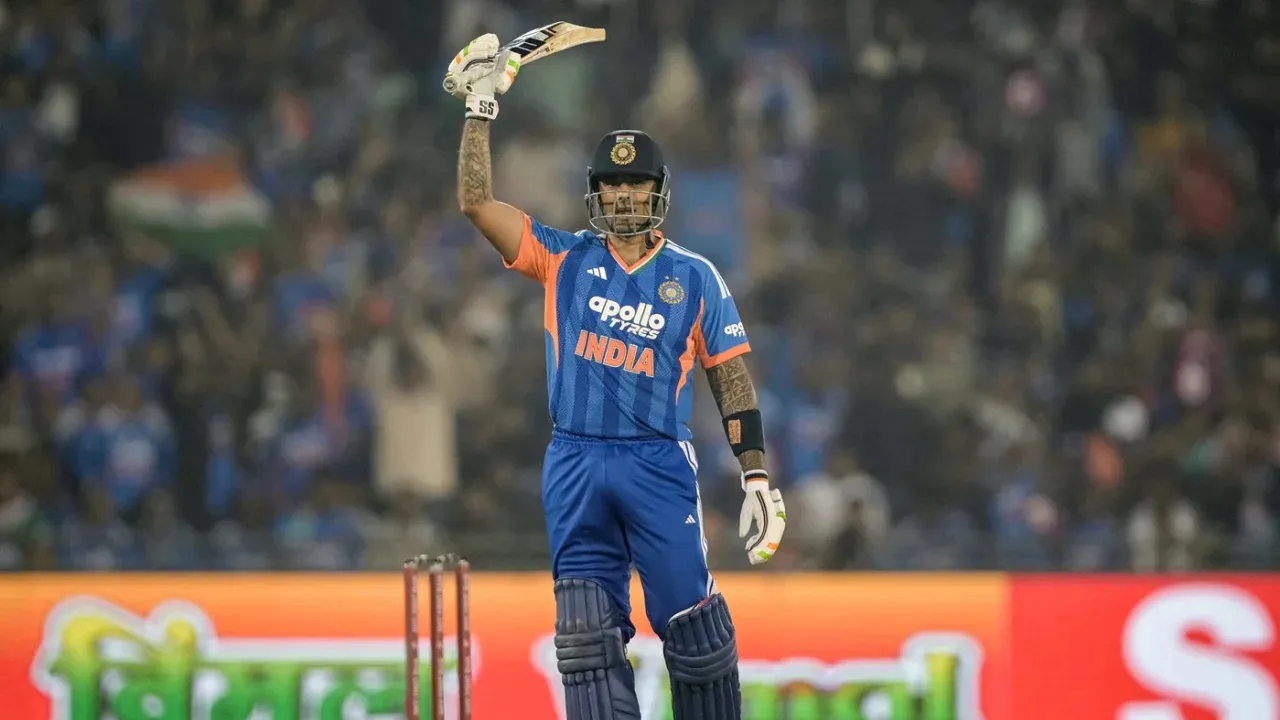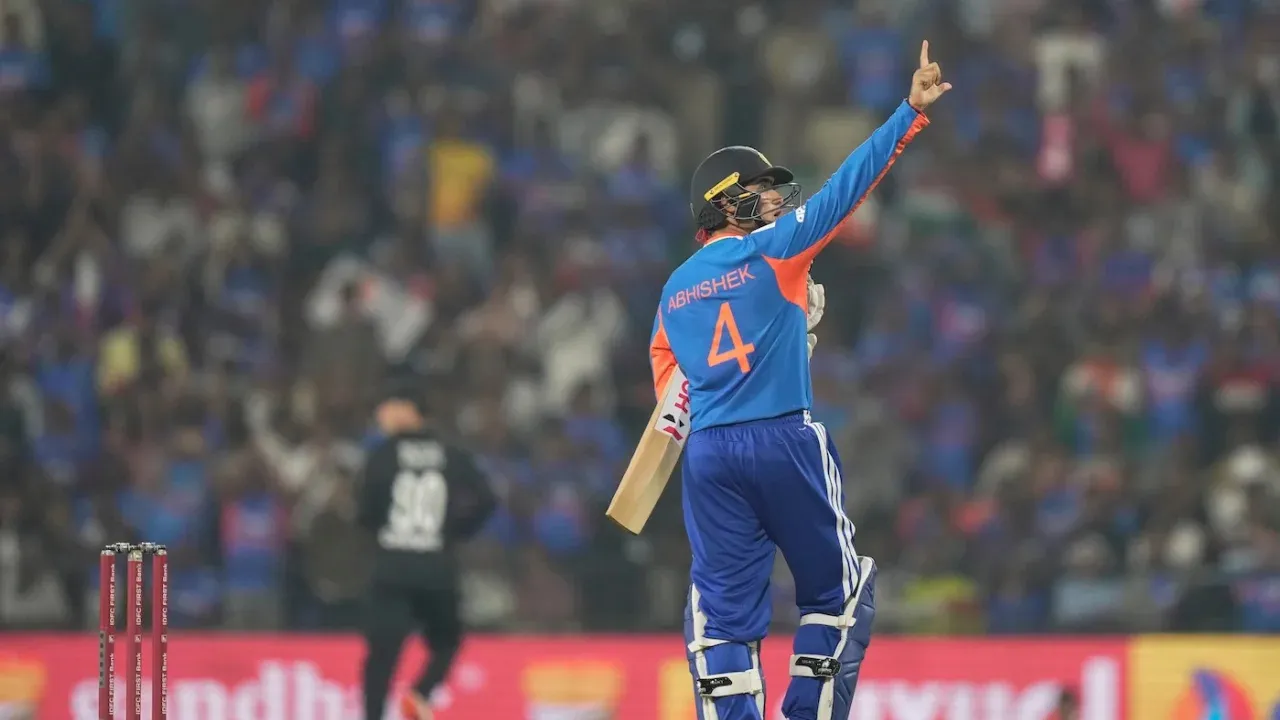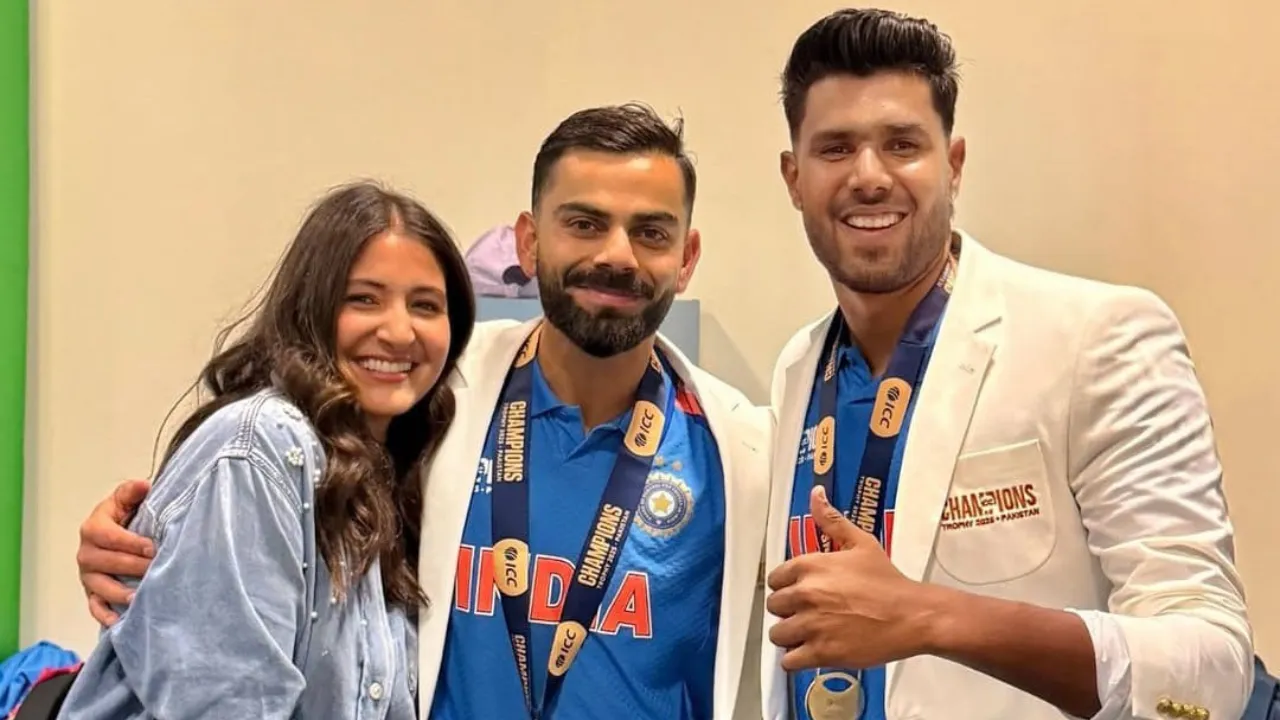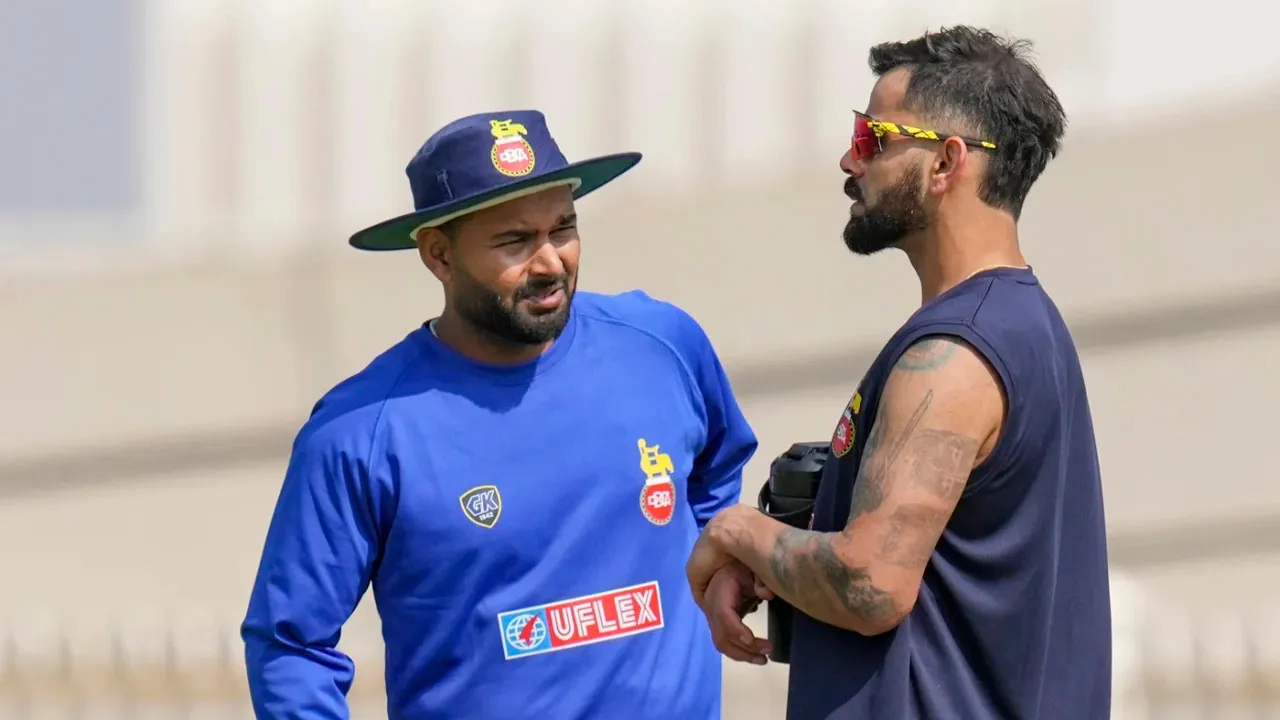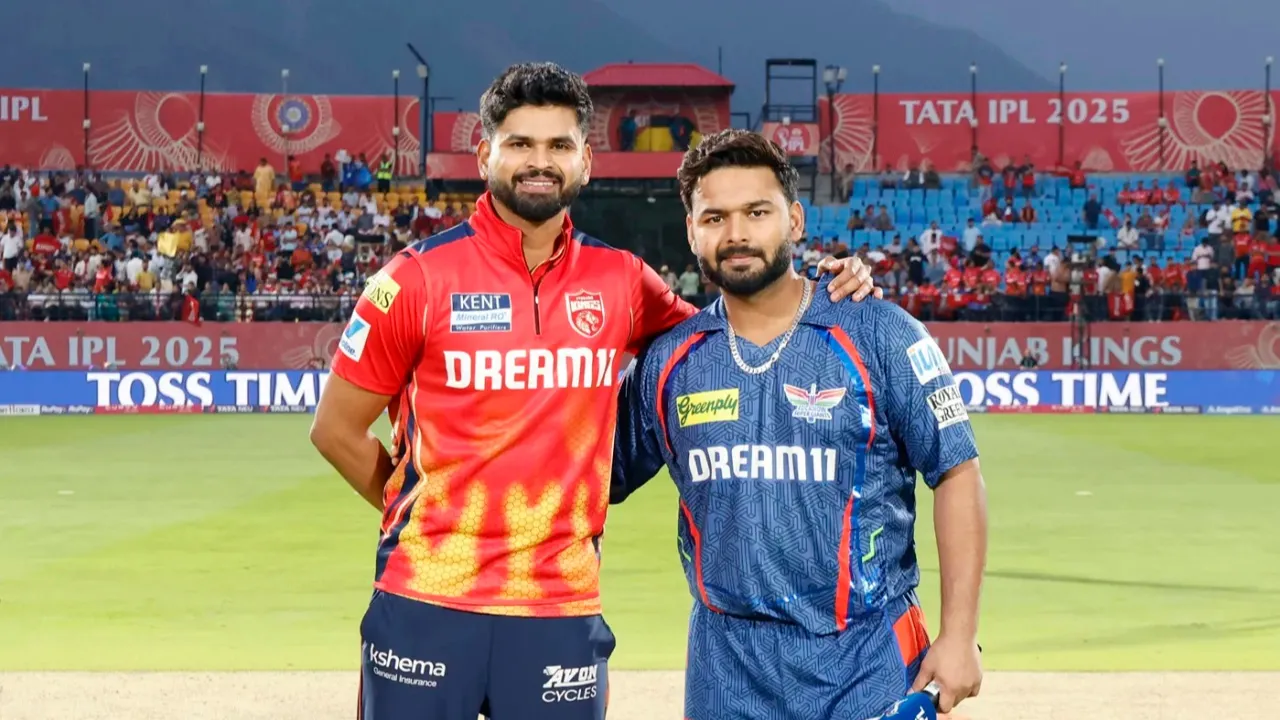Deserved a lot better, more than a series: Karun Nair on Test snub
Karun Nair’s name has long been one that sparks strong reactions. From his unforgettable triple century in 2016 to a long road back through domestic cricket, his career has been a roller-coaster of high peaks and frustrating waits. The most recent chapter — his omission from India’s Test squad despite some timely runs — has reopened debate about selection, opportunity and how we measure a player’s value. This article unpacks what happened, what Karun Nair said, and why the story matters for Indian cricket fans and selectors alike.
Karun Nair’s omission: the facts
Karun Nair was left out of India’s Test squad for the home series against the West Indies, a decision that surprised many given his recent form and the attention his comeback had received. The selectors opted for other options, citing balance and form in the squad announcements. This omission came soon after Nair had made a strong case in domestic and India A fixtures.
What Karun Nair said: “I deserved a lot better”
Speaking publicly after the squad was named, Karun Nair expressed visible disappointment. He said he had expected selection — pointing out innings he felt were valuable and the context in which they came — and indicated he was still waiting for a clear explanation from the selectors. His tone was measured but firm: he believes his performances merited more than a short run or a consolation call-up.
Why the quote matters
When a player who has been through as many ups and downs as Karun Nair says “I deserved a lot better,” it isn’t just personal frustration. It raises larger questions about how opportunities are allocated, how much weight is given to context (a gritty fifty in a struggling innings, for example), and how selectors balance form, team combination and long-term planning. That debate is healthy — and necessary — for a system that wants to be both just and competitive.
The selectors’ view and the competition for spots
Selectors and team management have defended their choices, indicating they favoured other batsmen who fit the particular balance they wanted for the West Indies series. Names such as Devdutt Padikkal were preferred in the squad announcement, reflecting a selection emphasis on recent white-ball form and perceived team needs. Ajit Agarkar and the selection panel’s public comments suggested performance and combination drove decisions.
That said, selection is rarely unambiguous. India’s batting cupboard is deep, and margins are thin. For someone like Karun Nair — who returned after years away and showed flashes of quality — the challenge is converting domestic momentum into a demonstrably indispensable international presence. The selectors’ approach appears cautious; the counter-argument is that a player in form and with experience deserves a longer look.
Karun Nair’s recent form: answers on the field
Karun Nair hasn’t sat idle. In the lead-up to these selection decisions he produced substantial scores in domestic cricket and India A matches, including statement knocks that reminded critics of his class. Most recently he converted his good form into an unbeaten 174 in a Ranji Trophy match — a performance many pundits flagged as a direct response to being overlooked. Those innings underline that his technique and temperament remain intact.
The shadow of 2016: a career of contrasts
Karun Nair’s career narrative is inseparable from his 303* at Chennai in 2016, a landmark that should have cemented a long Test run. Instead, inconsistency and selection choices meant he played just a handful of Tests afterwards. That history affects perceptions now: when he returns to form, some see redemption; others remain cautious, asking if a long international stint is realistic. The truth probably lies between — he has talent, but opportunity has to be matched by sustained high performance at the highest level.
Where this leaves Karun Nair — and what he needs to do
For Karun Nair, the immediate path is clear: keep putting runs on the board and let the selectors be prompted more by accumulation than by headline moments. Continued high scores in the Ranji Trophy and India A fixtures build an undeniable case. At the same time, Nair’s public response — measured, not melodramatic — keeps the pressure on selectors without burning bridges. That’s a smart long-term approach.
What selectors should consider
Selection committees must balance current form, future planning, and team balance. But they also need transparent communication. If a player like Karun Nair is told he won’t be picked, explaining the reasoning — combination, role expectations, or specific technical concerns — shortens the rumor cycle and preserves a player’s morale. Clearer pathways between domestic success and Test continuity would benefit Indian cricket as a whole.
Final thoughts: more than a series
Karun Nair’s case is emblematic of modern cricket’s tension between instant results and long-term fairness. He has shown he can still produce big innings, and his frustration is understandable. Whether selectors change course will depend on both his run accumulation and the choices the management makes for upcoming series.
One thing is certain: Karun Nair’s story still has chapters left. Fans who remember that 303* and the years of graft that followed are watching closely. If he keeps scoring, the conversation will shift from “snubbed” to “inevitable recall.” Until then, the debate he has reignited — about deserving more than a short run — will remain a useful mirror for how Indian cricket handles comebacks and merit.
